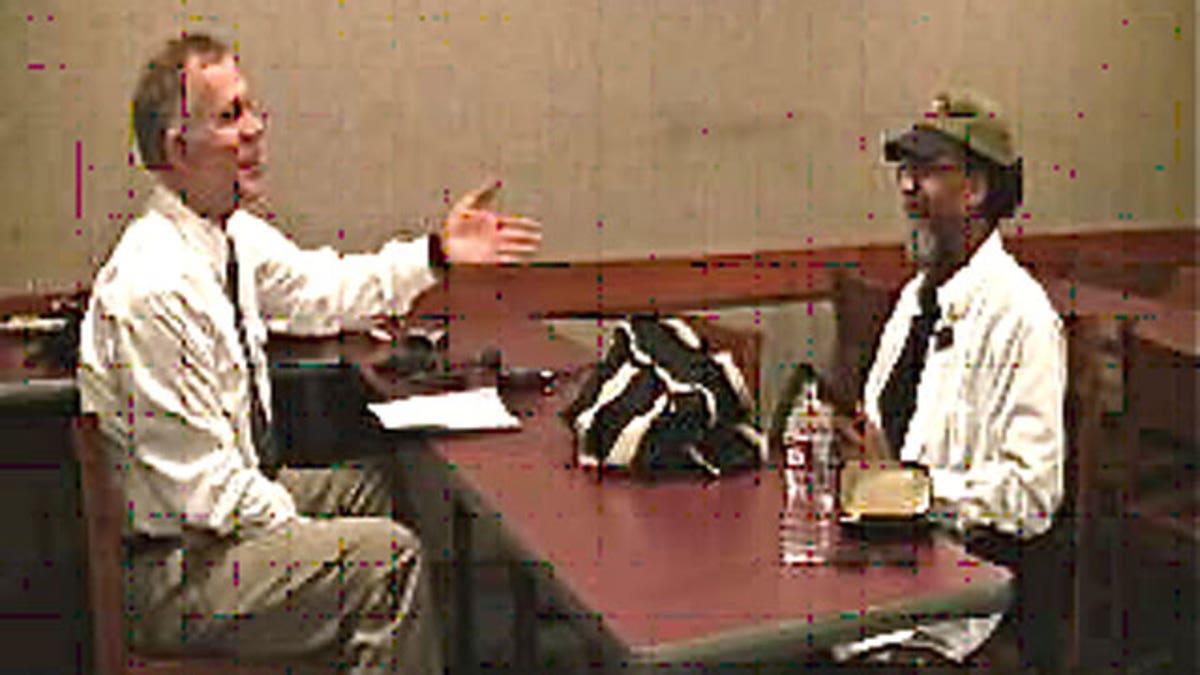
David Meyer has been capturing oral histories since 2004 and boasts a collection of more than 200 audio recordings, but his work is far from over.
A Los Angeles actor is trying to preserve history by recording veterans’ war stories before they are lost forever.
David Meyer has been capturing oral histories since 2004 and boasts a collection of more than 200 audio recordings, but his work is far from over.
He specializes in World War II veterans, a feat that grows more challenging by the day as the generation that witnessed the attack on Pearl Harbor grows older and less able to share their memories from decades passed.
Meyer said he is reminded of this race against time on his visits to the 95th Infantry Division’s annual reunion.
“When I first went in 2004, there were 500 men,” Meyer said. “Last year, there were 90.”
Meyer has traveled internationally to attend reunions and regularly visits local veterans to document their stories, almost all of this travel paid for from his personal funds.
Meyer said he would embark on a national “recording tour” if he could afford it.
“I would load up a car and then I would just go from library to library to library throughout the United States,” he said.
All of Meyer’s efforts honor his late father, an artillery radioman who served during the 1944 Battle of Metz in France.
He begins every recording session with the same phrase: “I’m David Meyer, son of Earl D. Meyer, Company H, 379th Regiment, 95th Infantry Division.”
Although Meyer has a long list of “possible questions” for the veterans, he said he is mainly concerned with getting them to tell him everything they remember, even if the veterans, themselves, don’t believe their memories have merit.
“He doesn’t know that, if 200 years from now, if the thing survives, that that scratchy old man’s voice that his great granddaughter hears, that is going to do something for her,” Meyer said.
No matter where the interview takes him, Meyer always ends with a simple question: “What have you learned?”
One response has stuck with him ever since: that freedom has a cost.
Two years ago, Meyer began submitting his recordings to the Library of Congress as part of the Veterans History Project, a national effort to “collect, preserve, and make accessible the personal accounts of American war veterans.”
After just one year of service, the director of the program personally thanked Meyer, calling him one of their “most dedicated and talented volunteer ‘historians.’”
But even a “war-storian” as ambitious as Meyer admits he could use a bit of help. He currently is swamped with audio recordings that must be transcribed before they can be handed over to the veterans and their families.
“Every night, I try to transcribe some of the interviews from the men who are going to be expecting them,” he said.
Still, Meyer’s deadlines are firmer than most. He finished a project with a veteran who witnessed “Paris light up for the first time” on Victory in Europe Day, only to find out the veteran had already passed away.
However, Meyer was given new hope after hearing the veteran’s nephew say, “It’ll be good to hear it again. I never thought I’d hear it again.”








































